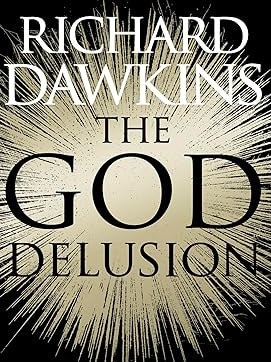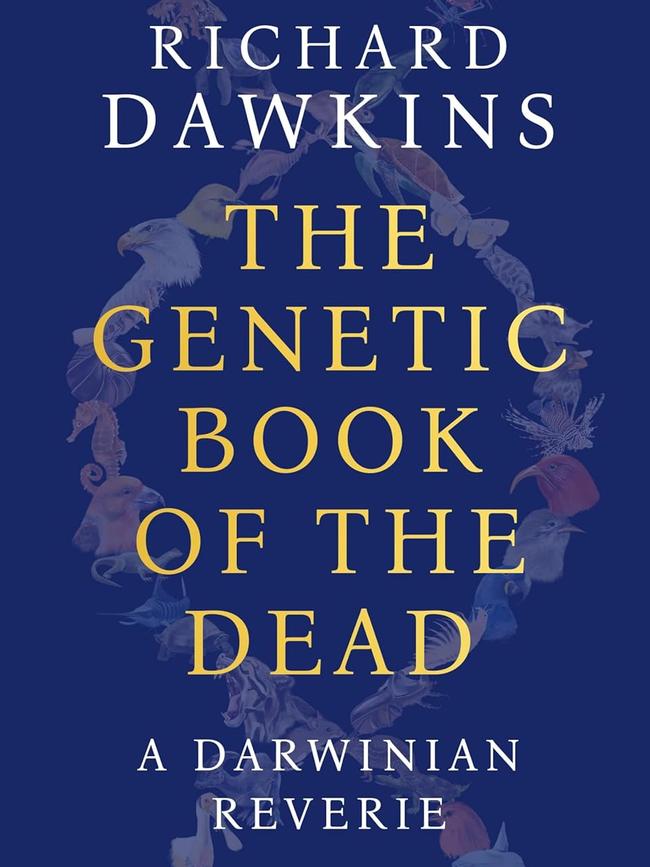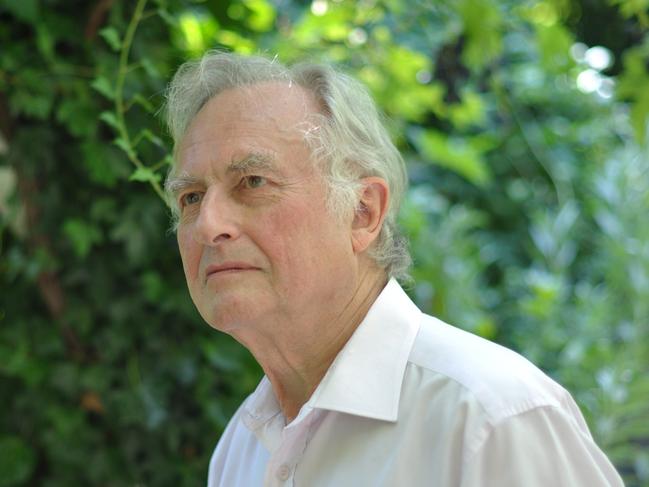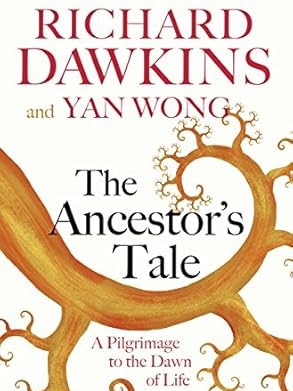Richard Dawkins is a giant next to today’s thinkers
Few have done more to popularise science and few will be able to replace him — much of the fault lies with our universities.

In my early teens, I cringe to recall, I spent a great deal of time on the forum of a website called richarddawkins.net, debating whether or not God existed (absolutely no way, we all agreed) and how brilliant Richard Dawkins was (the consensus: “very brilliant”). A Google search assures me that the website really did bear the pompous strapline, “a clear thinking oasis”. Ah, youthful folly.

As the years have passed since my God Delusion days, I have tended towards apostasy from the cult of Dawkins, inclining to roll my eyes at his stridency, self-righteousness and intransigence. Making war on religion in a rapidly secularising society hardly seemed the best use of an intelligent person’s time. And, of course, we are often hard on the people we admired in adolescence, unfairly resenting them for the gaucheness of our own past enthusiasm.
The guttering flame of my half-forgotten hero worship has revived in recent weeks. Dawkins, now 83, is embarked on the final leg of a worldwide “farewell tour” (I am now able to smile rather than squirm at the rock star grandiosity of the idea) and it is becoming apparent what a terrible absence his retirement will leave in public life.

For all his flaws, Dawkins is probably one of the greatest popularisers of science ever to have lived, a gifted academic scientist with, in his best books – The Blind Watchmaker, Climbing Mount Improbable, Unweaving the Rainbow – a poet’s serendipity of phrase and image. Plausibly, no man since Darwin’s bulldog Thomas Huxley has done more to contribute to the public understanding of how evolution actually happens. But I can’t think of anyone qualified to continue his work. Not just for evolutionary biology, but for any of the sciences.
That bleak thought was driven home by a recent debate between Dawkins and the Canadian psychologist Jordan Peterson. Each man has a claim to be the most influential public intellectual of his generation. But the decline in quality is alarming to behold.
In the most remarkable part of the debate – a clip has inevitably gone viral – Peterson seeks to persuade Dawkins of “the biological reality of the dragon”. “I’m not interested in dragons, I’m interested in reality,” Dawkins replies. It is hard to avoid interpreting the contrast between Peterson’s angry, irrational style and Dawkins’s sane and measured scepticism as a microcosm of the unhappy trajectory of intellectual life over the past couple of decades. Dawkins is in love with the difficult scientific truth. Peterson is interested in “truths” plural and chafes against the restrictions that Dawkins’s strict insistence on fact places on his exciting rhetoric and armchair theorising about “the dragon of chaos”.

At least Peterson is a trained scientist (his compelling early lectures on evolutionary psychology pointed to a sadly unfulfilled alternative career as our age’s great popular interpreter of the subject). Mostly, scientists are simply absent from public life. There is no set of household names to follow the late 20th century’s mini-golden age of science communication: Oliver Sacks (psychology), Stephen Hawking (astrophysics), Steven Pinker (linguistics), Carlo Rovelli (quantum physics). All are dead or growing old.
The internet is an obvious culprit but an important part of the fault lies with universities, which have forgotten their duty to the public. Academics who could be spending their time advancing the cause of reason in her hour of vital need are compelled to hole up publishing superfluous journal articles in order to sustain their ratings. A system of low pay, overwork and insecure employment seems almost designed to prevent young scientists from building public profiles. Dawkins published The Selfish Gene at the age of 35. His modern successor has probably expended most of his or her creative powers on writing rejected grant applications and sending out no-hope CVs. Modern academia’s deadening culture of intellectual conformity is hardly conducive to the controversy and provocation that are the necessary attendants of an effective public career.

The resulting void is filled by well-intentioned amateurs and people who don’t know anything about science at all. How many people’s contact with the subject is restricted to Joe Rogan monologues on aliens, anti-vaccine conspiracies and the benefits of psychedelic drugs? Even responsible science broadcasting tends too much towards the point-and-gawp school of public education that is more interested in goggling at the wonders of the universe than endeavouring to really explain them. Brian Cox, I sometimes sourly feel, communicates more about his own enthusiasm for science than about science itself.
But public trust in science depends on genuine understanding of the subject rather than a vague atmosphere of enthusiasm for it. Rogan doubtless believes himself to be a great advocate of science. Rereading Climbing Mount Improbable earlier this year, I was surprised to recall the demands this work of “popular” science makes on its readers, who are put through their paces on such subjects as mathematical probability, the technicalities of gene mutation and the adaptive traits of mollusc shells.
Dawkins’s most endearing quality is his genuine love of scientific truth, which always seems more astonishing and compelling to him than even the most beguiling falsehood. Readers seeking a palate-cleansing alternative to the Peterson debate should look up Dawkins’s interview with Steven Pinker for a documentary The Genius of Charles Darwin. Under their sober professorial demeanours, both men are obviously as excited as schoolboys to discuss the evolution of the brain. Is there a better antidote to pseudoscience than that combination of rigour and enthusiasm? We need more of it.
About Richard Dawkins
Richard Dawkins was born in Kenya in 1941, while his father had been stationed there, for the British. He studied at Oxford, and still lives there. His first book, The Selfish Gene, published in 1976, established him as a leading figure in evolutionary theory. His 2006 bestseller The God Delusion has sold more than two million copies.
Until 2008, he was Professor of the Public Understanding of Science at Oxford University; he has committed his life to enhancing the layman’s understanding of science, and religion. His latest book is The Genetic Book of the Dead.







To join the conversation, please log in. Don't have an account? Register
Join the conversation, you are commenting as Logout